ACADEMY FOR THE ARTS
C O U R S E C A T A L O G
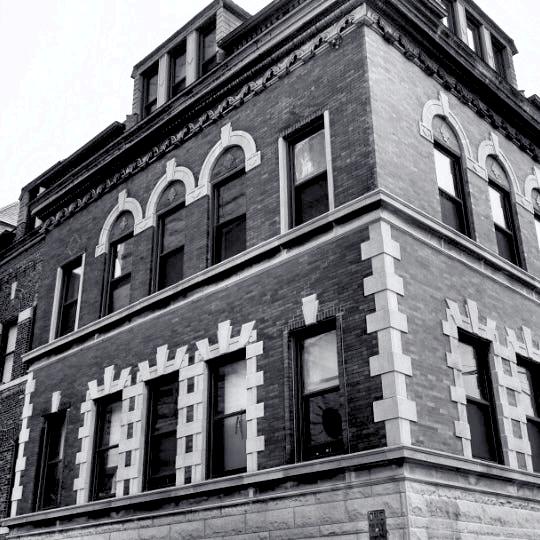
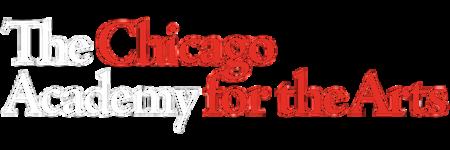
C O U R S E C A T A L O G
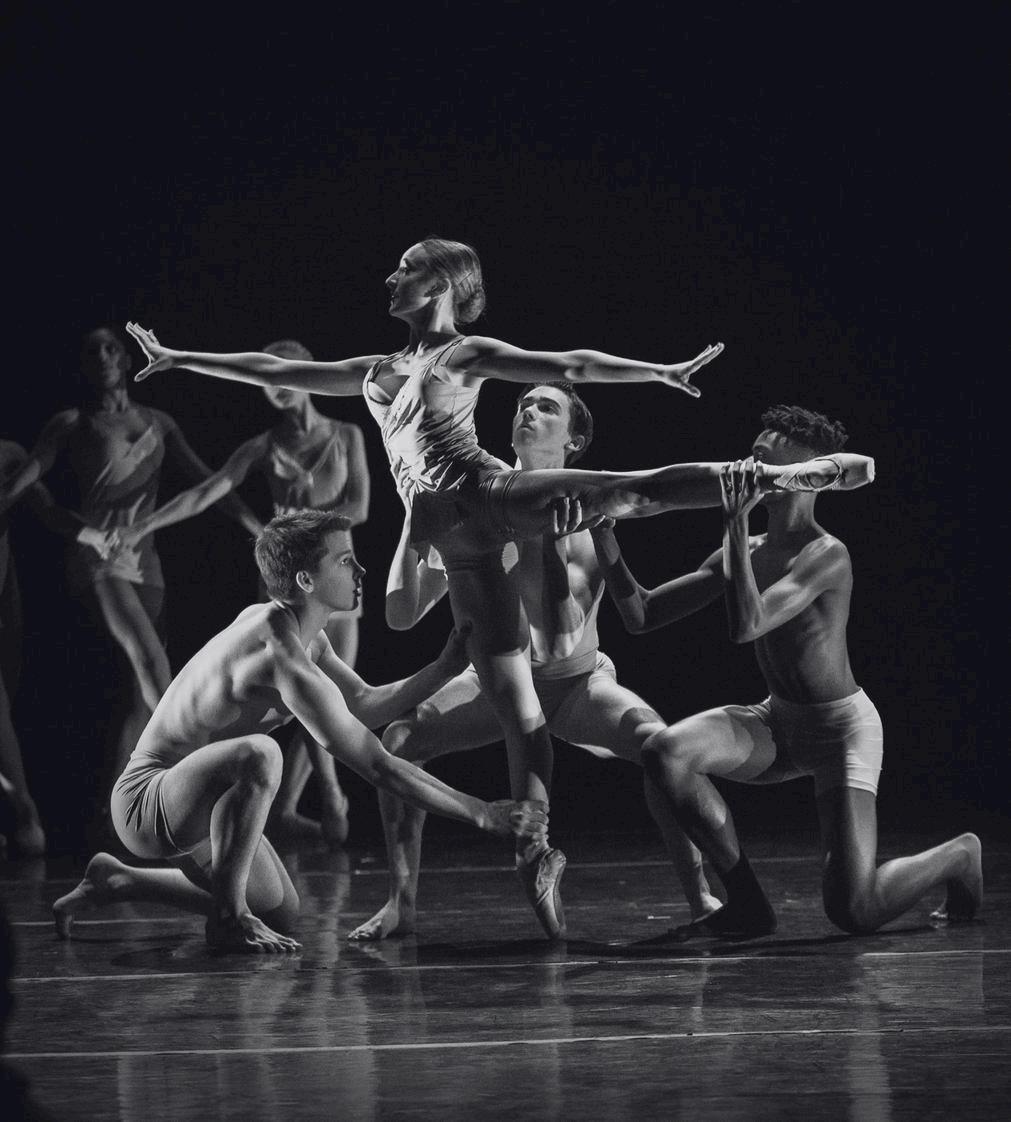
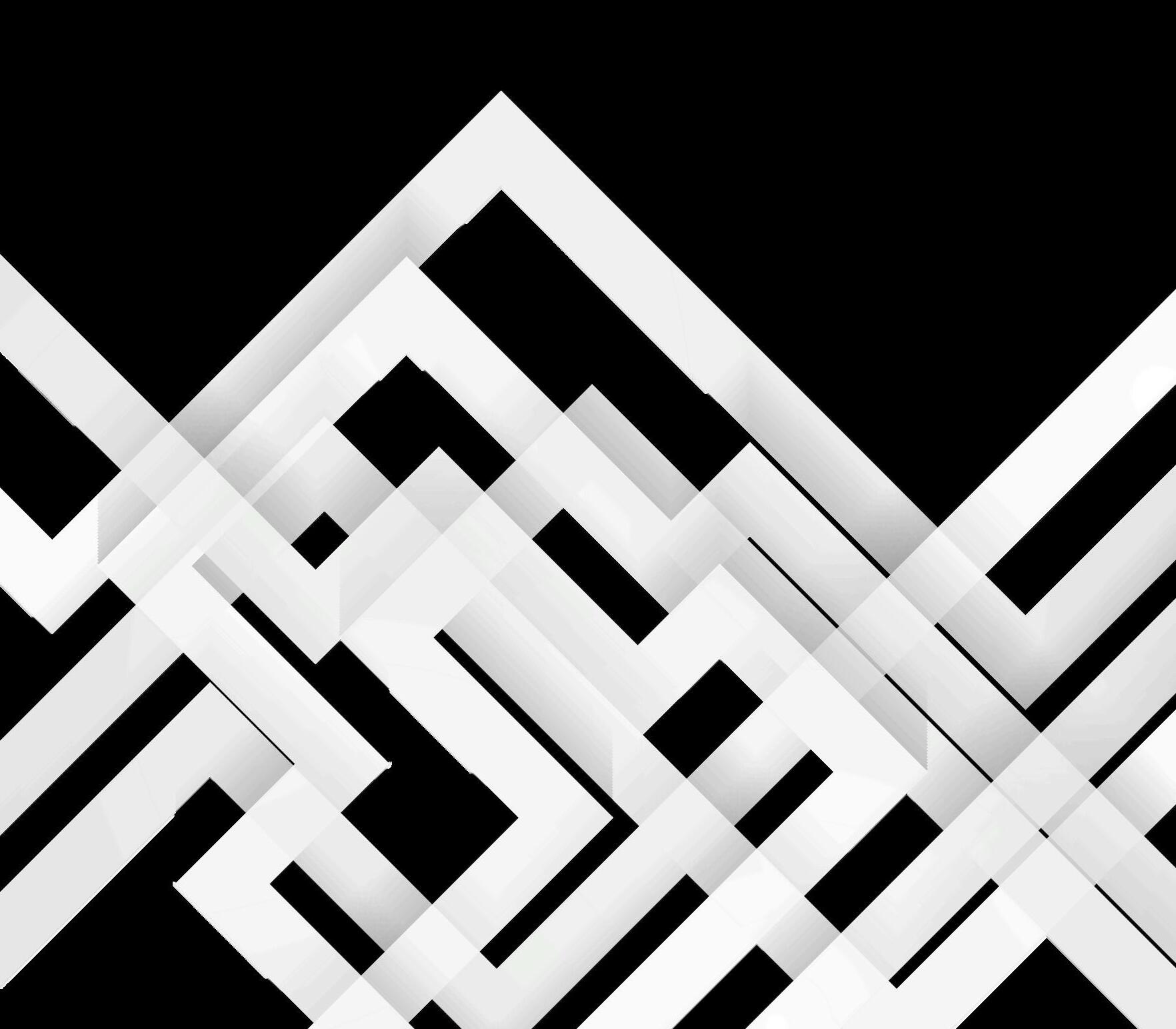


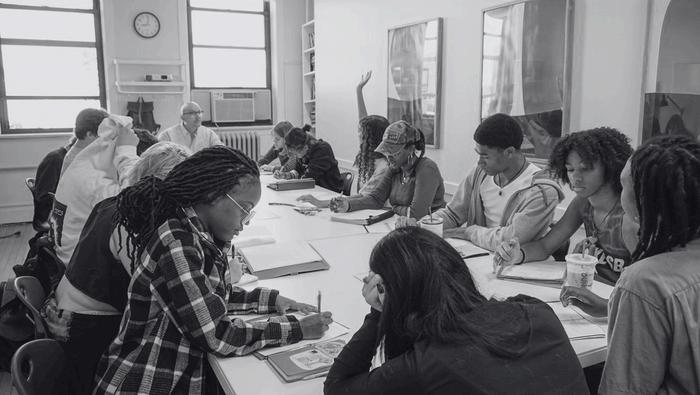
OVERVIEW
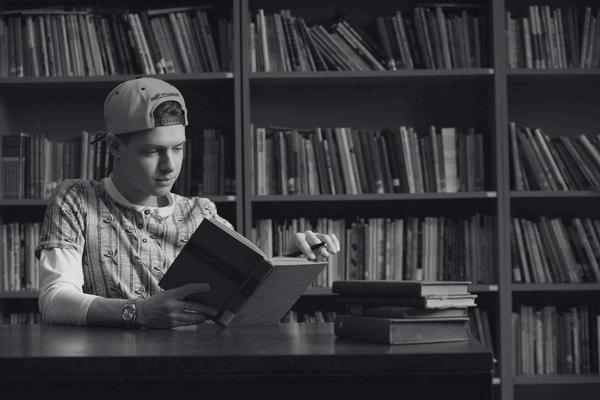
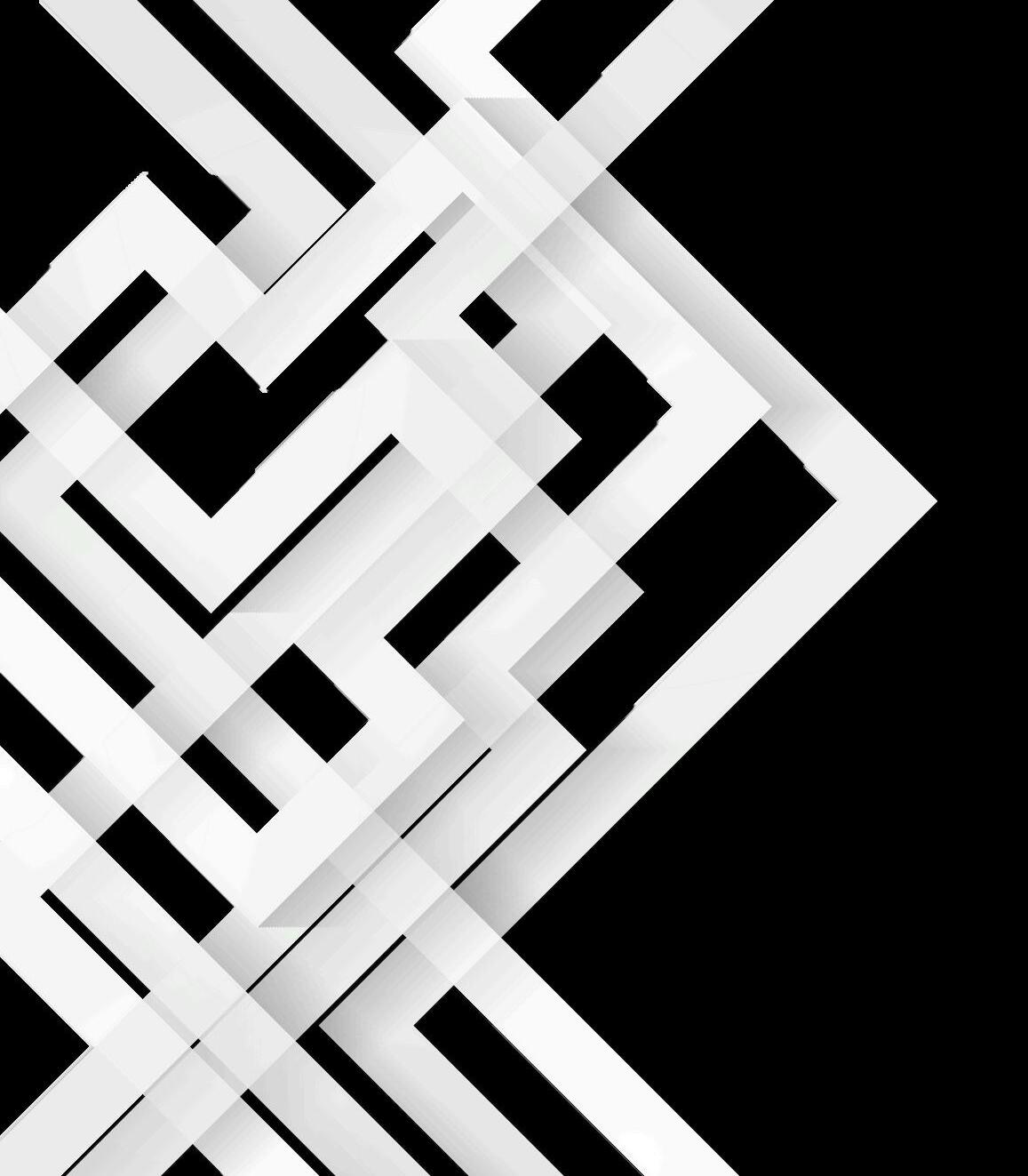
Pleaseusethisbooklettolearnabout thecourseofferingsforthe2025-26 schoolyear.
Coursesareorganizedbydepartment andwhentheywillrun[firstsemester, secondsemester,oryear-long].
Pleasebeawarethatenrollment dictateswhetherornotacoursewill run.Shouldacoursebeunderenrolled [atthediscretionofthefaculty],itwill bemovedtoadifferentsemesteror canceled[andthosewhoelectedit movedtooneoftheiralternative choices].
Pleasealsobeawarethatsomecourses havelimitedspaceduetodemand, schedulinglimitations,andtokeep classesatanoptimalsize.Shoulda coursemeetitsmaximumenrollment, studentswillbeplacedonawaitinglist, butwillbeenrolledinanalternative classthatfulfillsthesamecreditneed.
For those interested in AP courses [all year-long], please contact each course’s instructor for guidance All students will need to be approved by the faculty to enroll in an AP course.
Students should only enroll in AP courses if they are motivated to exert the needed time, effort, and care to meet the course’s rigorous expectations and prepare for the exam in the spring. Sitting the AP Exam is required to have AP designation and earn weighted credit on your transcript.
GRADUATION REQUIREMENTS
Please refer to the information below on graduation requirements before you begin selecting courses to ensure you are on track to earn the necessary credits for graduation. 18 total credits are required for graduation.
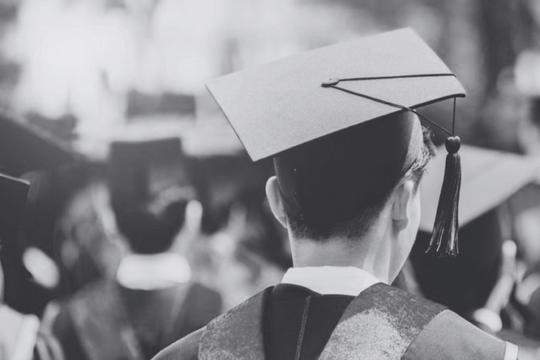
MINIMUM GRADUATION REQUIREMENTS
Three additional credits are needed to meet the 18 credits for graduation
HUMANITIES
English Literature: 4 years
Foreign Language: 2 years
History / Social Studies: 3 years
MST
Mathematics: 3 years
Science: 3 years
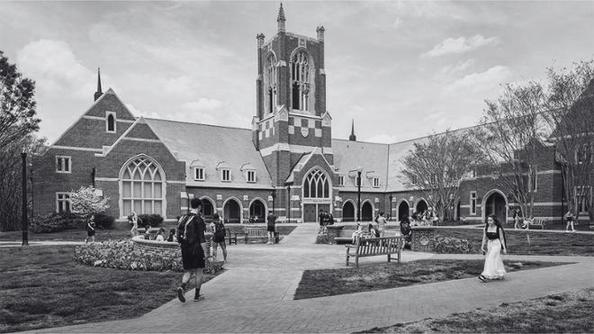
HUMANITIES
English Literature: 4 years
Foreign Language: 4 years
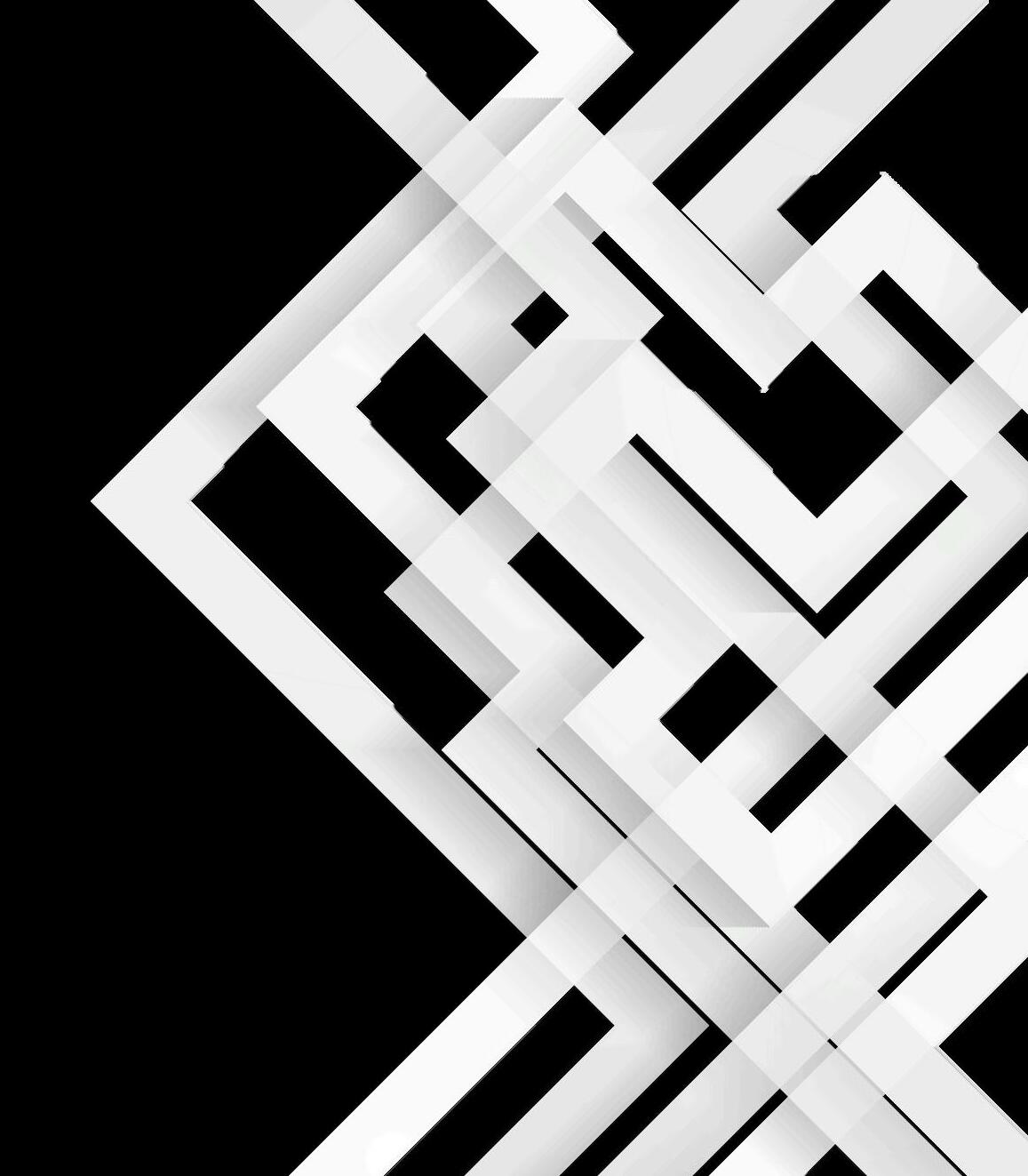
COLLEGE PREPARATORY RECOMMENDATION
Listed coursework totals the needed 18 credits for graduation
History / Social Studies: 3 years
MST
Mathematics: 4 years
Science: 4 years
HONORS& APWEIGHTS
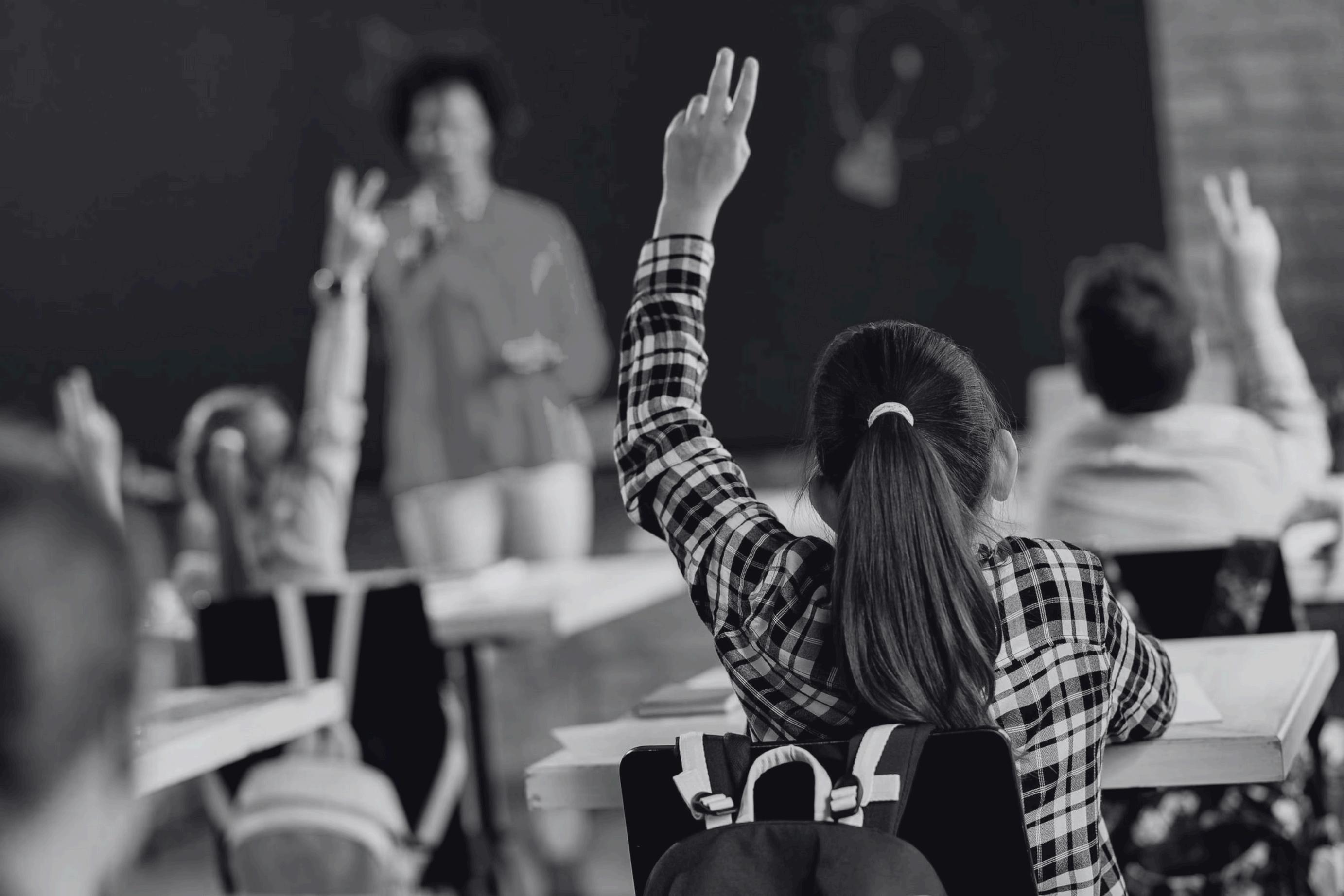

FREQUENTLY ASKED QUESTIONS

urse without fies a graduation edit total, a ferent course irements LICY?
E FREE PERIOD?
on track to ay be allowed wever, this tant Head of during the

ROVAL WORK?
nto an AP course instructor may needed, an re able to confer t’s compatibility tions.
HOW DOES UPPER-LEVEL FOREIGN LANGUAGE APPROVAL WORK?
Students interested in pursuing foreign language beyond the two-year graduation requirement should speak with their teacher to discern whether they have the skills and commitment to successfully complete upper-level foreign language coursework
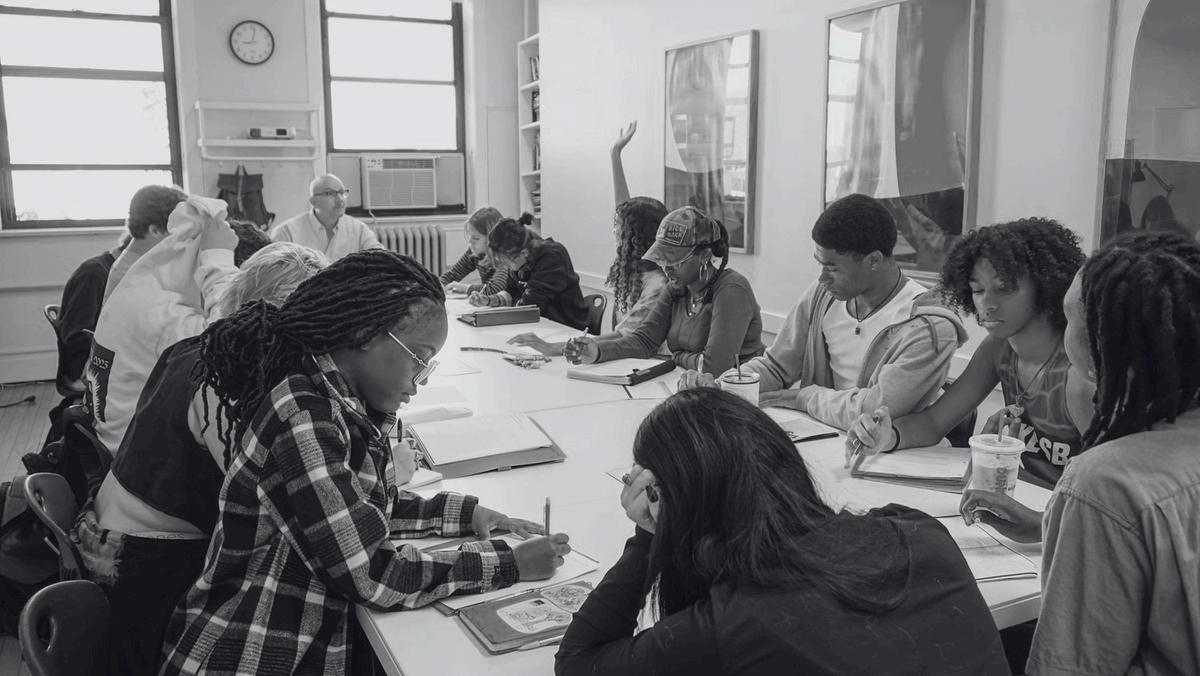

SEMESTER-LONG
LITERATURE & THE COMEDIC FORM

What is laughter? What is funny? How are these two very different – one physical the other mental – related? Although the comic is something we experience on any given day, we rarely stop to rationalize why our bodies are convulsing uncontrollably Literature and the Comedic Form is designed to investigate these questions while introducing students to numerous facets of comedy in literature Specifically, the mechanics of jokes, the experience of laughter, Greek comedic structure, hyperbole, satire, parody, black humor, and irony will be studied to understand how each works, both emotionally and intellectually, on an individual level and in works of literature.
GRAPHIC NOVEL AS LITERATURE
For as long as they’ve existed “comics” have been perceived just as the name suggests: as “comic,” or “comical” and nothing more, certainly not as literature. Comics, often crudely drawn, were produced to make an audience laugh at a quick gag or pun They were relegated to the back of a throwaway newspaper, a cheap pulp magazine, or a rack of cartoon comics for children. And yet, all along, a vein of comics has always aspired to be artful and literary, particularly by taking advantage of the techniques unique to its form: words combined with images How do images and words, in combination, produce literary or artistic effects? In this course, we will read a number of critically acclaimed comics and graphic novels and analyze them through discussions and essays To appreciate the art of comics, together we’ll read as many comics as we can, including Scott McCloud’s Understanding Comics (itself a comic), Maus by Art Spiegelman, Persepolis by Marjane Satrapi and many more!
LITERATURE OF WORLD WAR I
Literature of World War I is a survey course that introduces students to literature written in response to and in reflection upon the Great War Through novels and poetry the course will examine the historic, sociopolitical, and cultural forces shaped by this event. Following World War I, Europe confronted itself and its previously unquestioned conventions. After the war, Europeans began to rethink their culture, resulting in modernist art forms, psychology, existentialism, and the like
LITERATURE ELECTIVES
SEMESTER-LONG
FILM AS LITERATURE

DYSTOPIAN & APOCALYPTIC FICTION
Famed Chicago film critic Roger Ebert said “It's not what a movie is about, it's how it is about it.” Adopting Ebert’s approach to film, this course introduces students to film aesthetics through the analysis of form and style. Simply, this course will examine how films are formally constructed in service of abstract concepts and themes In addition to recognizing and describing formal choices and techniques, students will be asked to engage in close readings of films, attending to the greater aesthetic significance and role of formal choices. Broader dimensions of film such as narrative structure, genre, and theory (such as realism, auteur theory, and semiotics) will also be employed to deepen and enrich students’ engagement with and understanding of film
Imagining the end of the world is as old as human storytelling Since the twentieth century, however, stories imagining the collapse of societies into various dystopias, as well as how society would endure various catastrophes like pandemics, nuclear war, climate change, cyber warfare and the threat of AI, and even alien and zombie invasions, have proliferated in our imagining (and fears!) of potential futures. In this course, you’ll be given a general survey of Dystopian and Apocalyptic fiction. Together, we will closely examine a number of different texts which, while appearing to speculate about possible future realities, are in fact more concerned with questioning contemporary political, social and cultural issues. We’ll read essays, short stories, novels, and watch several films, all about the end of the world.
WORLD LITERATURE
World Literature is a survey course that introduces students to works from across the globe Students will study seminal thinkers such as Johann Wolfgang von Goethe who coined the term “Weltliteratur” in order to form a working understanding of the discipline. Through fiction, folktales, and poetry, the course will explore intersections between history, landscape, and identity. Additionally, the course will expose the cultural and political implications of translation.
SEMESTER-LONG
LATIN AMERICAN LITERATURE

This course examines the history of pre-Hispanic and Hispanic conquests of Latin America to understand how these disruptions shape the social, political, and cultural realities of the region. Starting with Octavio Paz’s The Labyrinth of Solitude, we’ll trace how Latin Americans navigate an identity defined by rich tradition, colonial invasion, and dispersion within and out of the region Along the way this course will engage many unique features within Latin American Literature: magical realism, a cyclical approach to time, and a focus on communal rather than individual experience.
CREATIVE WRITING: POETRY*
The course will introduce students to the reading and writing of poetry. Throughout this course, we will study the elements of craft essential in writing poems, including imagery, figurative language, diction, speaker, and tone Our learning will take two forms: first, close reading of works by many poets from different periods and backgrounds, to see how other skilled writers have crafted their poems; and, second, experience writing through in-class exercises and original poems. Via close readings, class discussions, poem-writing, and the workshop, you will form an understanding of many crucial concepts in poetry and begin to forge your own poetry practice. You will also be an active participant in a community of writers giving and receiving feedback, learning from one another, and revising your poems toward a strong final portfolio.
CREATIVE WRITING: SHORT STORY*
In this course, students will develop their individual creative writing process, focusing on short stories. The class will involve a number of different writing exercises and discussions of selected
readings. Students will engage in the writing workshop process, involving various strategies for drafting their own short stories and then giving and receiving feedback with other students. Students should expect to write, revise, and participate in ongoing constructive criticism that by the end of the course will result in a portfolio of finished stories
LITERATURE ELECTIVES
YEAR LONG

AP LITERATURE
AP Literature and Composition is an intensive course designed to introduce students to college-level analysis, discussion, and comprehension of writing from a broad range of literature, drama, and poetry. The course challenges and develops the student’s ability to think critically, synthesize literature, and write effectively
Although this course explores a number of works from different genres, the concept of identity – how we understand it, create it, question it, destroy it, live without it – connects them all. As students delve into these topics, many others will emerge and aid us in forming a language and approach to literature [Senior enrollment only | Instructor approval needed for enrollment | AP Exam required for AP credit and transcript designation]
*CREDIT: CREATIVE WRITING COURSES MAY BE USED TOWARDS A STUDENT’S LITERATURE GRADUATION CREDITS, BUT ONLY ONE CAN BE USED TOWARDS THIS TOTAL
SHOULD A STUDENT ENROLL IN TWO CREATIVE WRITING COURSES OVER THE COURSE OF THEIR JUNIOR / SENIOR YEARS, ONLY THE FIRST ENROLLMENT WILL EARN LITERATURE CREDIT WHILE THE OTHER WILL GO TOWARDS A STUDENT’S GENERAL CREDIT COUNT
HISTORY & SOCIAL STUDIES ELECTIVES
YEAR LONG
INTRODUCTION TO SOCIOLOGY & PSYCHOLOGY
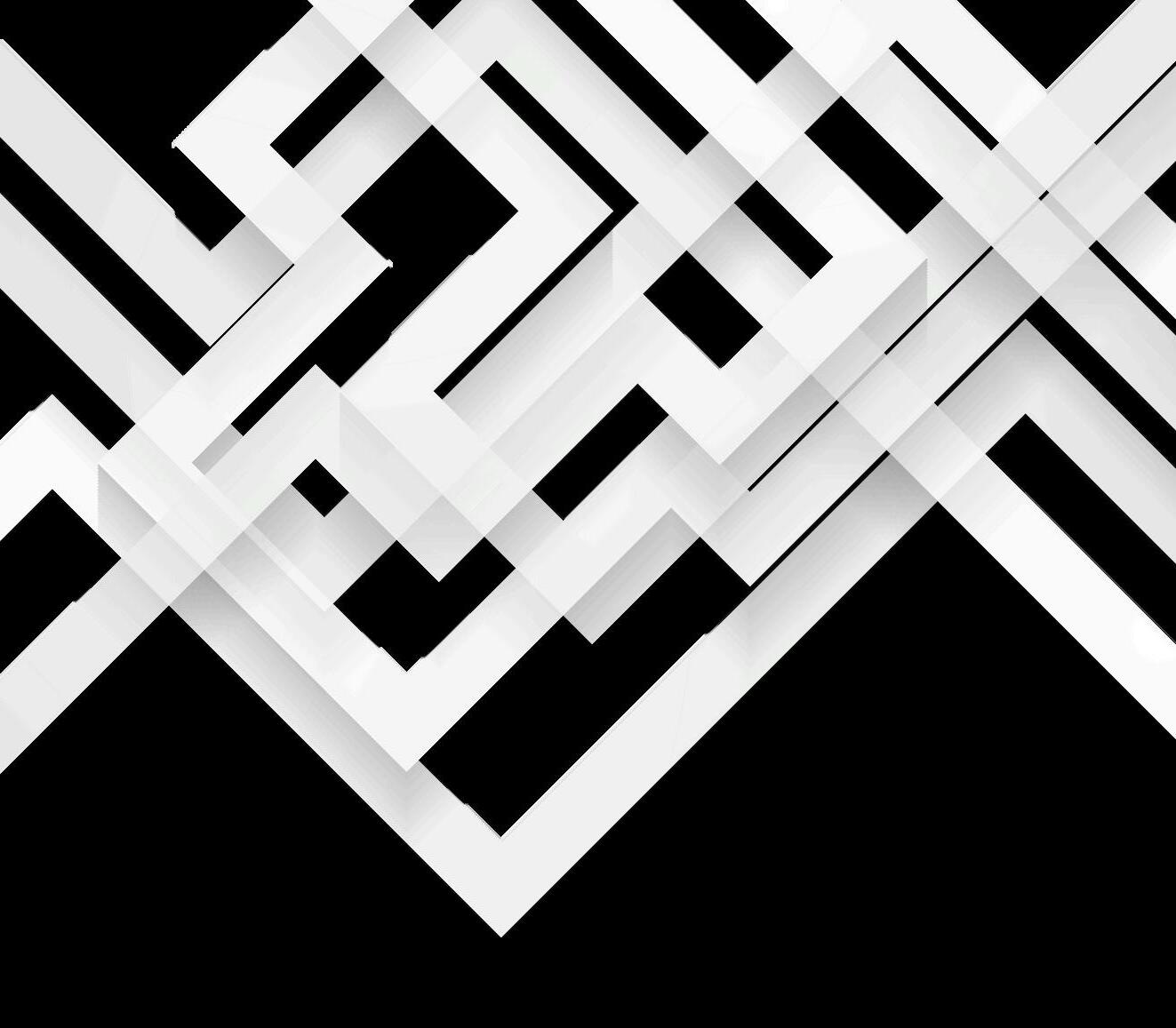
MODERN AMERICAN HISTORY THROUGH FILM
Sociology is the study of social groups, structures, processes, institutions, and events. This course will explore key features of contemporary Western society and culture from a sociological perspective. We will consider what aspects of our lives and the social world are changing and why The course will focus on understanding and applying the sociological perspective, which stresses the importance of the impact of social forces external to the individual in shaping people’s lives and experiences. Topics studied will include socialization, social interaction, culture, groups, social structure, deviance, social inequality, social class, race, gender, institutions (political, economic, educational, family, and religious), collective behavior and social change Students will be asked to learn the basic concepts, theories, and perspectives of sociology, to see how these operate in terms of social processes, structures, and events, and to apply this knowledge to better understand the social world.
Psychology will help students acquire the most fundamental, important and useful of all kinds of knowledge – knowledge about yourself and other human beings Regardless of what your future life and career choices are, your psychological knowledge will help you be a more effective and fulfilled human being –on the job, with your loved ones, in social situations, or in the quiet satisfaction of just being yourself.
Modern American History through Film uses film and contemporary journalism to look at six decades of twentiethcentury American history While the journalism attempts a more direct interpretation of contemporary events, feature film, like any other form of popular culture, provides very indirect but telling interpretations of what people were thinking about, fearing, or aspiring to be during each of these decades. These same concerns and aspirations contributed not only to the content of the films of the 30s, 40s, etc., but also to the style and tone of the filmmaking. In this course, students will do the work of sociologists, anthropologists, psychologists, as well as historians, working with primary sources – the Hollywood films from the late 20s to the early 70s. Students will come to regard film as an historical document, one of several such documents that help us develop a clearer conception of the past.
HISTORY & SOCIAL STUDIES
ELECTIVES

YEAR LONG
WORLD RELIGIONS
This course seeks to introduce students to some of the primary foundational elements of Judaism, Christianity, Islam, Hinduism, Buddhism, Taoism, and Jainism. To this end, we will approach our work with five aims: First, to become familiar with a broad outline of each tradition’s historical circumstances; second, to explore a portion of each tradition’s sacred texts; third, to examine an important individual interpreter of each tradition; fourth, to engage the way in which each tradition defines the word “community” as a means of exploring its approach to ethics; and fifth, to understand the way that the tradition expresses its faith tenets through the Arts.
AP ART HISTORY
In Art History students explore the nature of art: its uses, its meanings, and peoples' response to it This course ’ s inquiry revolves around investigating art as a reflection and an engine of culture and society from prehistory to the present. From diverse global perspectives and through a cross-disciplinary approach to the analysis, interpretation of works of art and art movements, this course emphasizes the interconnectedness of art-making to societal and political shifts throughout history.
Students will learn and discuss the fundamental issues and theories surrounding art production, distribution and reception and will develop an understanding of artwork in these contexts, which include issues such as gender, politics, religion, ethnicity and patronage. This course offers students the opportunity to acquire an in-depth understanding of the history of art through readings, research, slides, videos, and museum visits. Writing skills will be important in the description, analysis, and comparison of these works. When taken as an AP course, preparation for the AP Art History Exam will also be incorporated into the curriculum [Juniors in Visual Arts are strongly encouraged to enroll | Junior and senior enrollment | instructor approval needed for enrollment | AP Exam required for AP credit and transcript designation]
HISTORY & SOCIAL STUDIES ELECTIVES
YEAR LONG
STREET LAW

AP EUROPEAN HISTORY
Street Law is a course that focuses on the practical knowledge of our legislative and legal systems that every U.S. citizen should have in order to fully understand how to exercise their rights and safeguard their liberties. Street Law will introduce students to the intricacies of the legal system This course will focus heavily on landmark Supreme Court cases that have set precedents over the course of U S history that have expanded or restricted our rights and liberties. The course will begin with an in-depth review of individuals' rights and liberties. With a clear working knowledge of these two essential aspects established, we will then cover topics such as criminal law, immigration law, family, consumer, and housing law. Students will leave this course knowing how to answer the following questions: What should I do if I am in a car accident? What should I do if I am arrested? What should I do if I notice child neglect or abuse? How can I protect myself if spousal abuse occurs? Can a police officer stop and search my person at any time? If you don’t know the answer to these questions…you should probably register for this class.
AP European History covers the run of European history from the fall of the Roman Empire to the fall of the Soviet Union in 1991 It is divided into four quarters, each quarter consisting of at least four thematic units Each unit is followed by an exam involving ten or more short answer responses and one essay. In each quarter students write one paper on any of the units covered in class. As a way of grounding their research, students form a thesis about a principal historical event that seems preeminent throughout the quarter, for example: The Reformation for the first quarter; The French Revolution for the second quarter; the effects of industrialism or imperialism on European social and political relations for the third quarter; and the impact of World War I for the final quarter [Junior and senior enrollment | Instructor approval needed for enrollment | AP Exam required for AP credit and transcript designation]
FOREIGN LANGUAGE ELECTIVES
YEAR LONG

SPANISH III
SPANISH IV HONORS:
SPANISH LANGUAGE & CULTURE
Spanish III introduces students to more complex vocabulary (including a variety of idiomatic expressions) and grammatical structures necessary for more sophisticated language application. This course focuses on training and cultivating independent language users who are able to function within spontaneous language exchanges Spanish III follows the two introductory and mandatory courses and is designated and designed for those students who wish to continue their studies of Spanish in preparation for university-level instruction. The goal of Spanish III is to produce the necessary bridge between the communication skills based more heavily on imitation and limited variation of learned response (Spanish I & II) and more sophisticated and spontaneous use of the target language essential for further, higher level development Students will continue to build their vocabulary in Spanish as they are exposed to complex structures such as the use of conditional and subjunctive moods, variety of tenses, and their coexistence in a sentence. Students will continue to learn about various aspects of the Spanish culture as they engage in a series of projects throughout the school year [Instructor approval needed for enrollment | 85% or higher in previous coursework is typically required for enrollment in Spanish III]
Spanish IV, a course conducted almost exclusively in Spanish, is designed as an advanced course in which students continue to cultivate their speaking and writing skills, as well as to expand their proficiency in listening and reading comprehension. The emphasis in Spanish IV is on encouraging and enabling each student to function independently in Spanish. During the course of studies in Spanish IV, students will be exposed to a variety of original Spanish texts in original Spanish press (in print and online), Spanish radio podcasts, original video segments, and Spanish films Students will also participate, in Spanish, in daily classroom discussions and debate, and will complete compositions in Spanish as part of their grade. Spanish IV curriculum includes a review of all main grammar points. The choice of a collegelevel textbook supports the transition toward college level instruction. Students will also engage in a series of projects throughout the school year [Instructor approval needed for enrollment | 90% or higher in previous coursework is typically required for enrollment in Spanish IV Honors]
FOREIGN LANGUAGE ELECTIVES
YEAR LONG
AP SPANISH

This advanced section of Spanish is created to help the students get familiar with the actual AP exam format. Time in class is dedicated to introduction and practice of all the individual Spanish AP exam tasks and additional work is assigned as homework While being enrolled in Spanish IV/ AP Spanish/Independent Study, students must be enrolled concurrently in Spanish IV: Honors Language and Culture or must have taken Spanish IV: Honors Language and Culture as prerequisite prior to being enrolled in the AP section. [Instructor approval needed for enrollment]
FRENCH III
French III introduces students to more complex vocabulary (including a variety of idiomatic expressions) and grammatical structures necessary for more sophisticated language application This course focuses on the training and cultivating of independent language users who are able to function within spontaneous language exchanges French III follows the two introductory and mandatory courses and is designated and designed for those students who wish to continue their studies of French in preparation for university level instruction. The goal of French III is to produce the necessary bridge between the communication skills based more heavily on imitation and limited variation of learned response (French I & II) and more sophisticated and spontaneous use of the target language essential for further, higher level development. Students will continue to build their vocabulary in French as they are exposed to complex structures such as the use of conditional and subjunctive moods, a variety of tenses, and their coexistence in a sentence Students will continue to learn about various aspects of the French and Francophone culture [Instructor approval needed for enrollment | 85% or higher in previous coursework is typically required for enrollment in French III]
FOREIGN LANGUAGE ELECTIVES
YEAR LONG

FRENCH IV HONORS: FRENCH LANGUAGE & CULTURE
French IV, a course conducted almost exclusively in French, is designed as an advanced level course in which students continue to cultivate their speaking and writing skills, as well as to expand their proficiency in listening and reading comprehension The emphasis in French IV is on encouraging and enabling each student to function independently in French During the course of studies in French IV, students will be exposed to a variety of French texts in original French press (in print and online), French radio podcasts, video segments in original French, and Francophone cinéma. Students will also participate, in French, in daily classroom discussions and debate, and will complete compositions in French as part of their grade The French IV curriculum includes a review of all main grammar points The choice of a college-level textbook supports the transition toward college level instruction. [Instructor approval needed for enrollment | 90% or higher in previous coursework is typically required for enrollment in French IV Honors]
AP FRENCH
This advanced section of French is created to help the students get familiar with the actual AP exam format Time in class is dedicated to introduction and practice of all the individual French AP exam tasks and additional work is assigned as homework. While being enrolled in French IV/ AP French / Independent Study, students must be enrolled concurrently in French IV: Honors Language and Culture or must have taken French IV: Honors Language and Culture as prerequisite prior to being enrolled in the AP section [Instructor approval needed for enrollment]

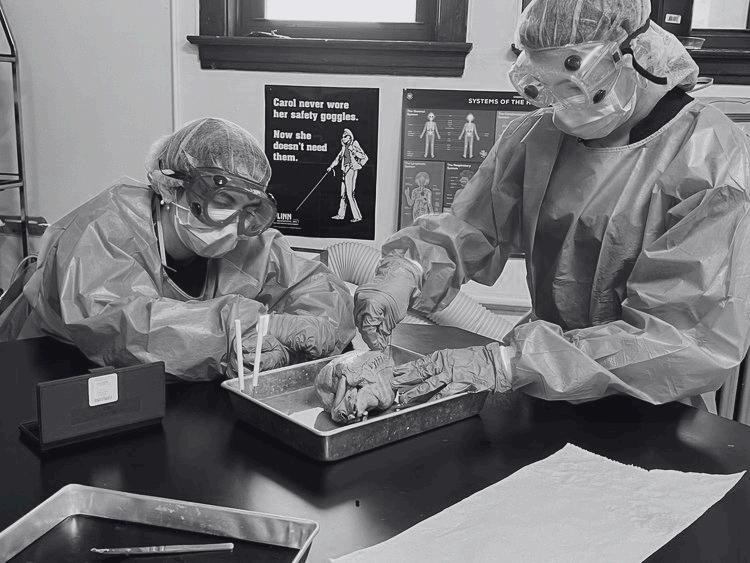
MST ELECTIVES

MATHEMATICS ELECTIVES
YEAR LONG

PRECALCULUS
Precalculus continues the study of algebraic topics in preparation for calculus. First semester will focus on trigonometry while the second semester will include the study of polar graphs, vectors, conic sections, sequences and series, and probability Precalculus is a required course for students who wish to take Calculus [Prerequisite: Algebra II]
HONORS
PRECALCULUS
Honors Precalculus continues the rigorous study of algebraic topics at an advanced pace in preparation for calculus. Topics include trigonometry, polar graphs, vectors, conic sections, sequences, series, and probability. Precalculus is a required course for students who wish to take Calculus [Prerequisite: Algebra II | Instructor approval needed for enrollment]
DISCRETE MATH
Discrete Math covers a variety of college-level topics in mathematics and their relevance to contemporary science and society. Students will explore topics including but not limited to: problem-solving, logic, sets, financial literacy, probability, and historical numeration systems from all around the globe, with opportunities to explore other relevant topics. This course is offered for 12th graders. [Prerequisite: Algebra II]
HONORS STATISTICS
This class covers four major areas of statistics: analysis of patterns in data and display of data, collection of valid data through well-developed plans, usage of probability to anticipate data distribution (there is order in the universe!), and employment of statistical inference (how confident we are about a particular hypothesis). We criticize the design of past studies and design and perform our own experiments. Statistics utilizes a lot of formulaic methodology to provide mathematical solutions as well as common sense from your own experiences to provide written analysis {Prerequisite: Algebra II | Instructor approval needed for enrollment]
MATHEMATICS ELECTIVES
YEAR LONG
HONORS
COMPUTER SCIENCE

Learn the foundational methods and concepts of computer programming. This course covers similar material from a college-level introductory course. Learn how to code in the Python language, one of the most widely used programming languages, and complete a number of labs designing solutions to problems using your knowledge of logic, algorithms, mathematical reasoning, syntax, and error analysis Second semester you will learn languages used in website design, including HTML, CSS, and JavaScript. Students who wish to learn other coding languages will benefit from the programming skills taught in this course. [Prerequisite: Algebra II | Instructor approval needed for enrollment | Note: Honors Computer Science does not fulfill a math course graduation requirement, but may be counted toward your elective courses]
AP CALCULUS
AB / BC
Calculus is taken after successful completion of Precalculus or Honors Precalculus. Students in Precalculus may be eligible for Calc AB and students in Honors Precalculus may be eligible for AB or BC, depending on what is offered Calculus is the study of change and motion and connects major concepts about movement to the math foundations you've been building throughout high school. What does the slope actually mean? How do we find out the fastest point of acceleration? When does the object change directions? Topics include Limits and Continuity, Differentiation, Integration and Accumulation of Change, Parametric Equations, Polar Coordinates, Vector-Valued Functions, and Infinite Sequences and Series
AP Calc AB and BC start with the same topics, though BC is faster-paced and covers more material. Access College Board’s website to learn more about AB vs. BC topics.
Students must be prepared to put in a significant amount of time practicing outside of class in order to master the material [Prerequisite: Precalc/Honors Precalc | Instructor approval needed for enrollment]
YEAR LONG
ADVANCED CONCEPTS PHYSICS

EARTH & ENVIRONMENTAL SCIENCE
In this honors level course, students will learn about the foundational principles of physics as you explore Newtonian mechanics; work, energy, and power; mechanical waves and sound; and introductory, simple circuits. You'll do hands-on laboratory work to investigate phenomena By confronting complex physical situations or scenarios, the course is designed to enable students to develop the ability to reason about physical phenomena by explaining relationships, applying and justifying the use of mathematical methods, designing experiments, analyzing data, and making connections across multiple topics within the course. This course requires a solid understanding of algebra, and students should be enrolled in or have completed Algebra II [Prerequisite: Instructor approval needed for enrollment]
This class explores the ways in which Biology, Chemistry, and Physics are practically applied to the study of our home, the Earth Throughout this year-long investigation into the world around us, we will explore topics in Geology, Ecosystems, Astronomy, Human population growth, and its impact on the climate. Earth and Environmental Science will apply fundamentals of scientific inquiry to topics in sustainability, natural resources, and current events through resource and nutrient cycling, and the Earth's dynamic systems Expect to be inspired by the changing seasons in Chicago as we link topics in class to the environment around us!
ANATOMY & PHYSIOLOGY
Anatomy and Physiology serves as an introduction to the human body and its parts, as well as how they relate to other forms of life. Topics include anatomical terminology, basic biochemistry, cells and tissues, and the integumentary, skeletal, muscular, nervous, endocrine, cardiovascular, lymphatic/immune, respiratory, digestive, urinary, and reproductive systems, and common human disease processes. Emphasis will be on understanding body systems as they relate to function in everyday life Our Anatomy and Physiology curriculum is supported by microscopy work and dissection, as well as medical simulation activities, and students should expect to complete significant lab work as part of this course
SCIENCE ELECTIVES

YEAR LONG
SKETCH & FABRICATION
As an introduction to electronics and design, students will explore 3D modeling and introductory electronics topics through a series of creative in-class projects. You will identify a problem or a design challenge each quarter, and actively create and develop solutions Topics include the design cycle, 3D computer modeling, circuit design, basic programming using Arduino, 3D printing, and robotics This class includes significant independent work time to prototype and iterate upon engineering-style projects, and is best suited to students with strong time-management skills. No prior experience or prerequisites necessary - students will be walked through the design process from start to finish.
COMBINED HALFYEAR COURSES
SCIENTIFIC DISCOURSE & DEBATE
Scientific Discourse and Debate encourages students to research current popular science topics/issues Students learn a brief introduction to the science behind each topic before choosing the side of the debate that they support. They then get a chance to research their own evidence to support their claims during the class debate. [Semester I]
HEALTH & WELLNESS
Health and Wellness focuses on taking a holistic approach to well being. This course explores biological, psychological and social aspects of human sexuality, nutrition, healthy and harmful substances, and relationships Topics include harmreduction drug education, relationships, sexual identity and behaviors, gender, effects of cultural and environmental influences on human relationships and behavior, promoting good physical and mental health and well-being, effective communication strategies for conflict resolution, navigating relationships with technology, and the impact of current events on personal and global health. [Semester II]

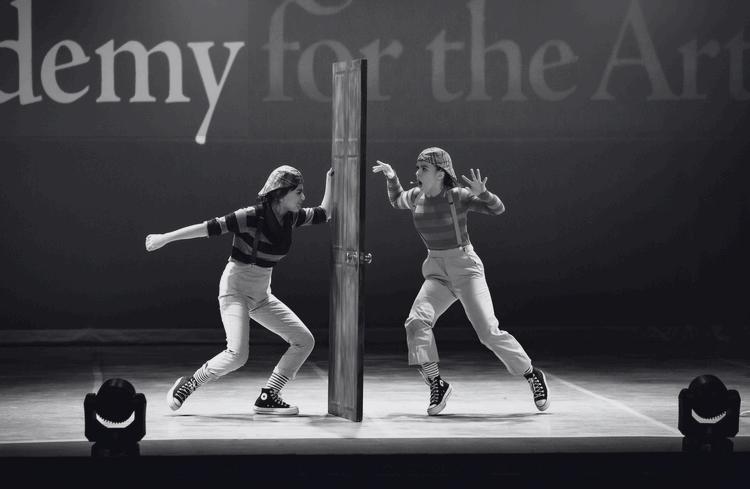
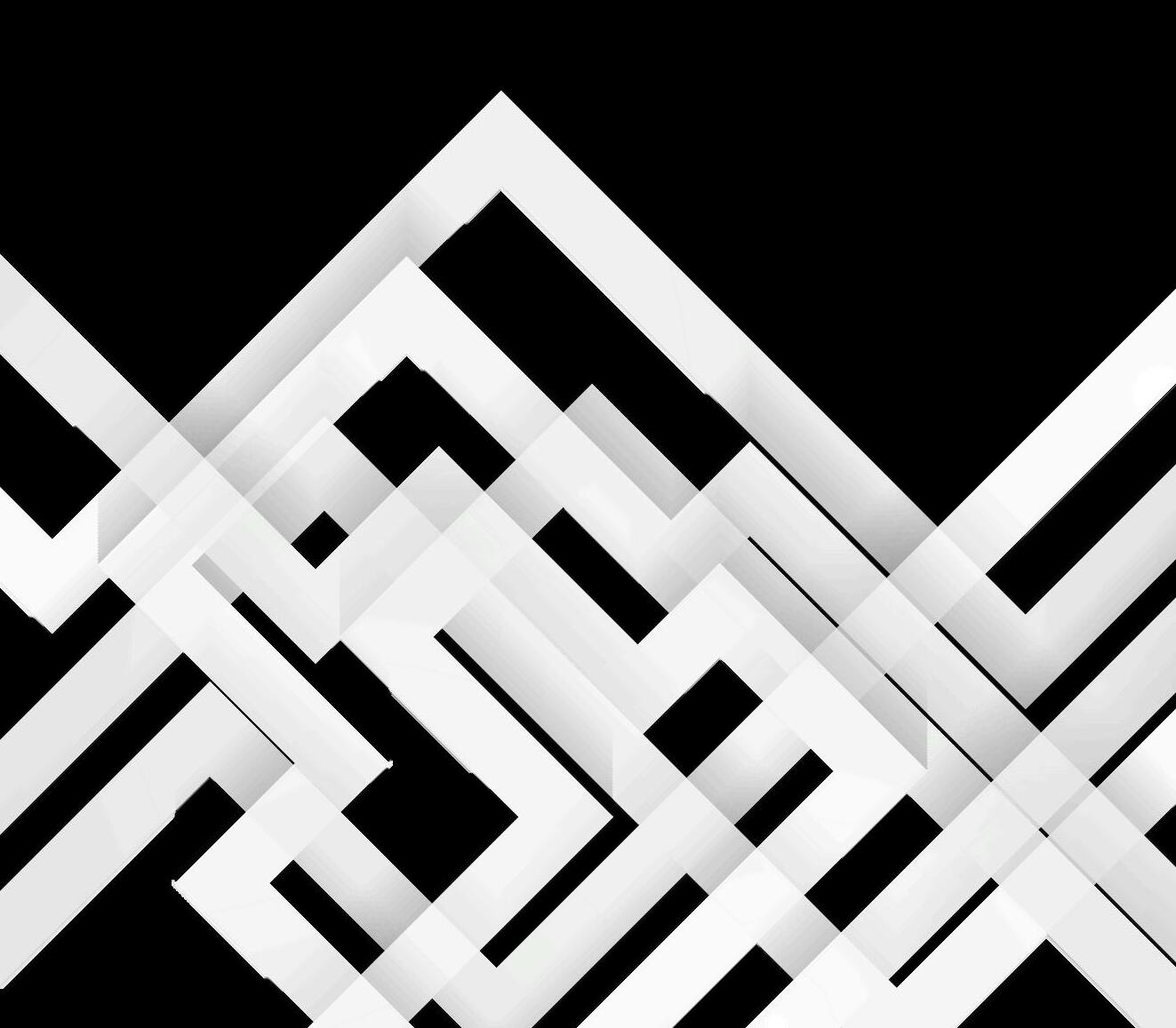
ARTS ELECTIVES
YEAR LONG
BUSINESS, COMMUNICATION & THE ARTS

Artists rely heavily on articulating their points of view with confidence. One can imagine a scenario in each of the arts disciplines where effective communication skills are vital. Additionally, a familiarity with the arts from a practical perspective - contracts, personal finance, business plans, marketing, management, and so forth - is essential to success as a working artist Business, Communication, and the Arts will combine these two skill sets to equip students with the confidence to compose and present their ideas with literacy in various real world contexts.
DIGITAL ARTS & MEDIA
Digital Arts and Media is a holistic approach to digital arts production all types. Students with an interest in film, animation, and design will gain basic understanding of Digital Arts Workspaces that are applicable to many digital arts practices We’ll be covering the principles and techniques of graphic design, photography, video production, and portfolio development. Students will develop fluency and confidence with Digital Arts Tools and Processes, gain media literacy and competency through viewings and discussions, and build independent creative practices and habits. [This course is not intended for students enrolled in The Media Arts Department]
RECORDING ARTS & MUSIC PRODUCTION
Recording Arts & Music Production offers the rudiments of music recording, production, editing, and mixing in a handson survey of the 21st century music making process Write songs, record instruments, and produce music using cutting edge tools in our state of the art Justin Tranter Recording Studio. Through solo assignments and collaborative projects, students will foster their individual creativity while learning to work together and communicate creative ideas. With instruction in Ableton Live, Avid Pro Tools, and other industry-standard audio software; learn the tools necessary to turn musical ideas into polished songs [This course is not intended for students enrolled in the Music Department]

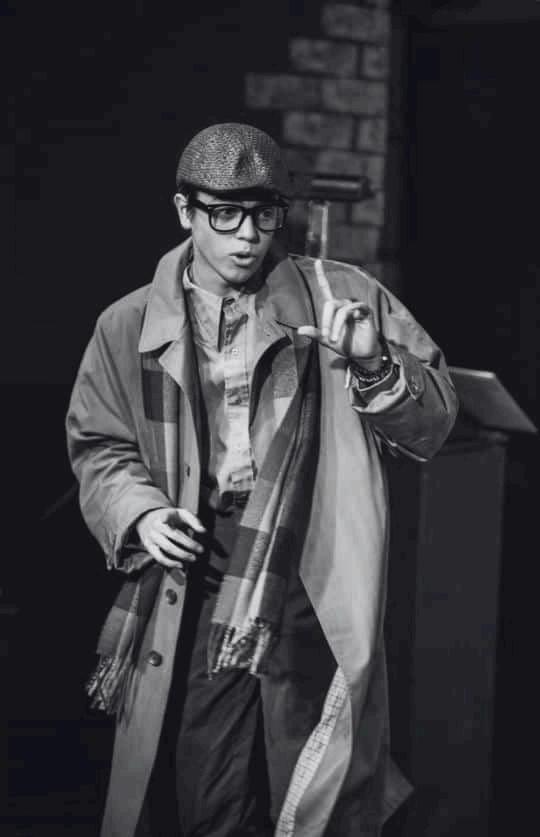

ACADEMIC CALENDAR 2025-2026

START OF SCHOOL
ORIENTATION
Wednesday, August 20Thursday, August 21
FIRST DAY OF CLASSES
Friday, August 22
SEMESTER I
CLASSES
Friday, August 22Friday, December 12
FINAL EXAMS
Monday, December 15Wednesday, December 17
SEMESTER II
CLASSES
Tuesday, January 06Friday, May 15
FINAL EXAMS
Monday, May 18Wednesday, May 20
END OF SCHOOL
GRADUATION
Thursday, May 21


